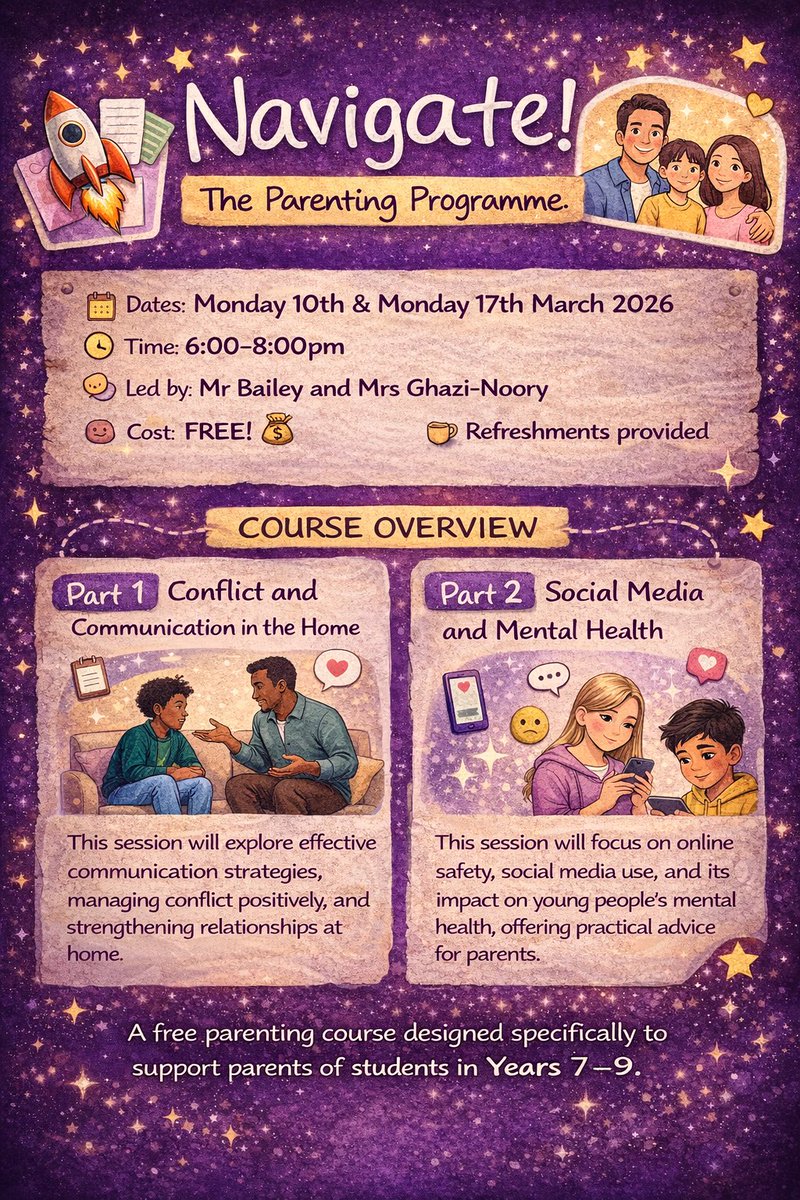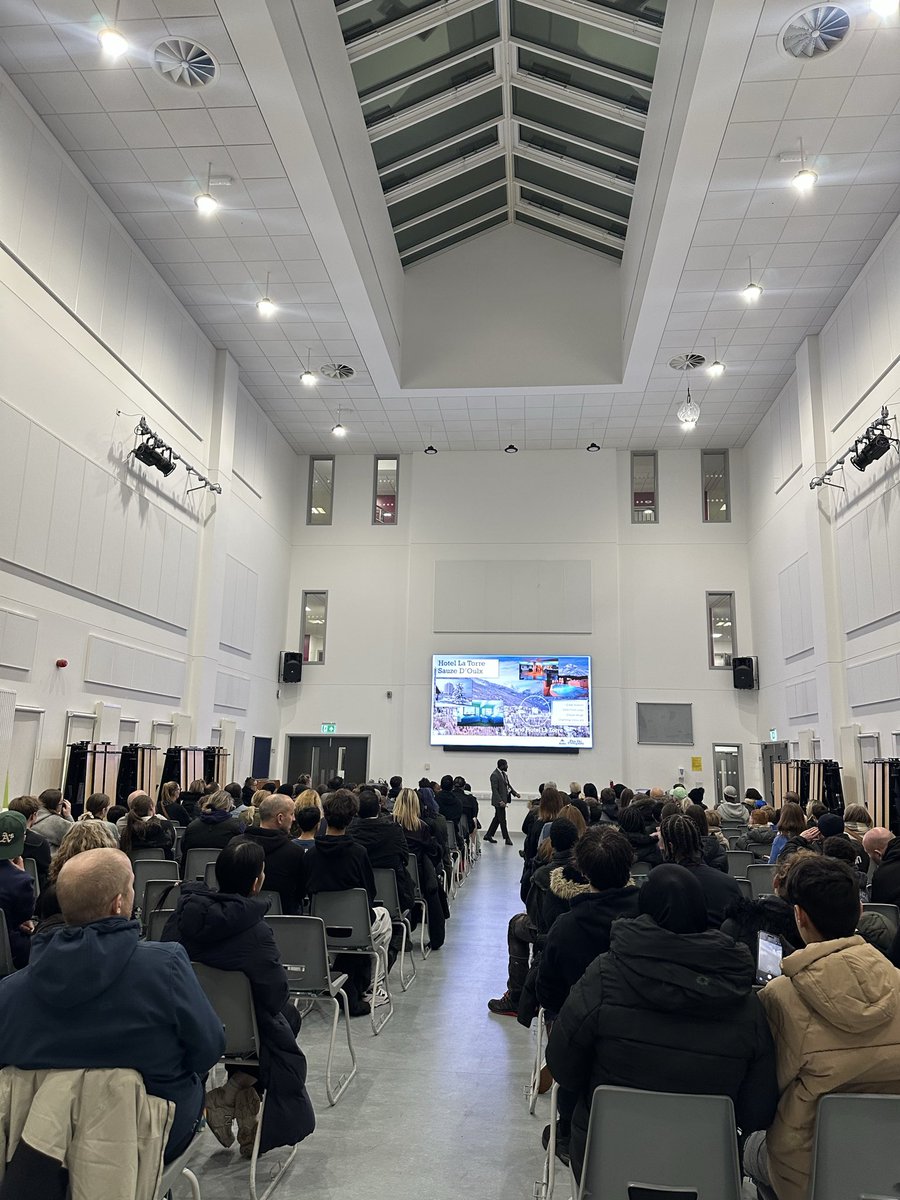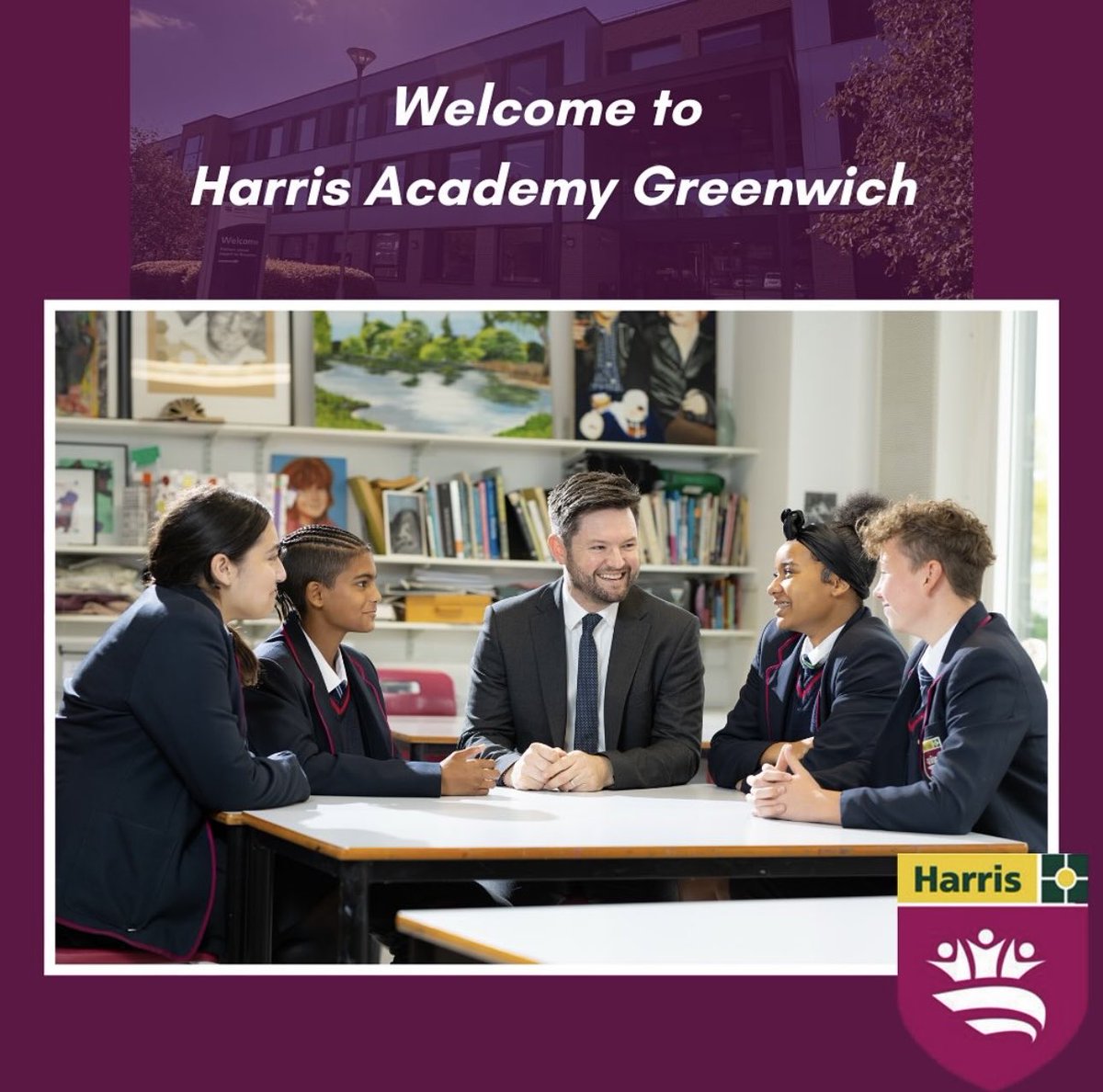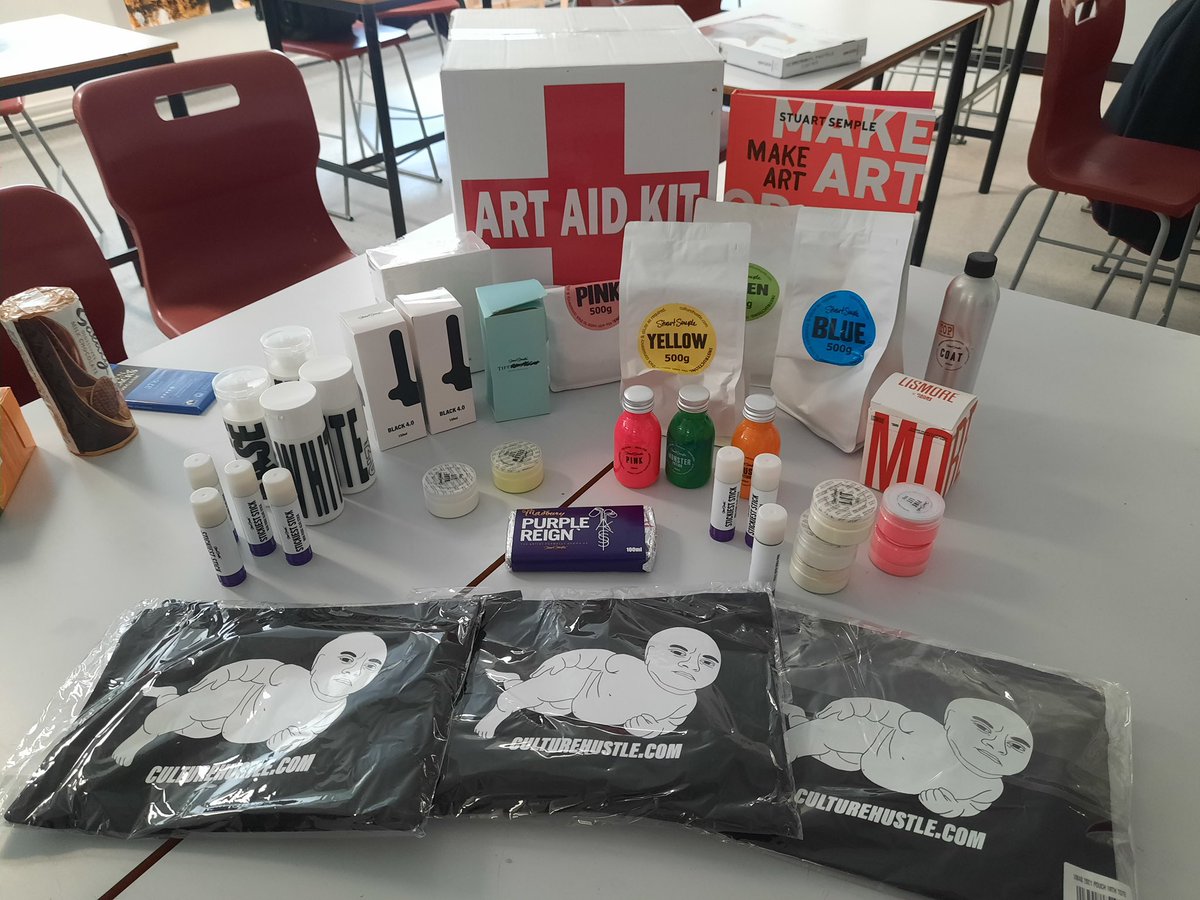GCSE Options
Year 9 GCSE Options Process
"Options today, opportunities tomorrow."
At Harris Academy Greenwich, we aim to empower students to make informed, thoughtful decisions about their GCSE options, highlighting how these choices open doors to a wide range of future opportunities. Our guiding principle is: "Options today, opportunities tomorrow."
To support you and your child in selecting the right pathway, we will guide you through a series of important steps, between now and the Easter break.
What to Expect in Key Stage 4
As a student at HAGR in Key Stage 4, you:
- may be introduced to new subjects while building on your existing knowledge and experience;
- will be expected to take greater responsibility for your learning and develop independent study skills;
- will need to manage your workload effectively, meet deadlines, and prepare for external examinations—potentially including coursework.
Guidance for Parents
We encourage you to review the GCSE Options Booklet (TBC) with your child. The choices made now should align with their post-16 ambitions and long-term career goals. Below, you will find subject videos, key dates, and information on where to access further support and guidance.
For additional support, our staff are here to help:
- Ms Downer – Head of Year 9
- Mr. Frederick– Year 9 Pastoral Manager
- Mr Sofianos – VicePrincipal
Thank you for working with us to ensure the best possible education for your child.
Key Dates for the GCSE Options Process
Options Information Meeting for Families:
Thursday 26th February 2026 | 5- 5.45pm in person / 6- 6.45pm online
Location: The Main Hall
Mr Docherty, Principal, will deliver a presentation to families outlining the GCSE options process. A Q&A session will follow. Students are welcome to attend.
Year 9 Bespoke Unifrog Careers day: Friday 27th February 2026
Year 9 Virtual Progress Evening: Thursday 19th March 2026 | 4:00pm – 7:00pm
Platform: SchoolCloud
Families will have the opportunity to discuss option choices with subject teachers, as well as current progress, behaviour for learning and effort in class and with homework. Appointment slots will be available on a first-come, first-served basis two weeks before the event.
GCSE Options submission window:
6th March – 20th March 2026
Understanding the Curriculum
What is a Broad and Balanced Curriculum?
A broad and balanced curriculum ensures that students develop knowledge, understanding, and skills across a variety of disciplines, including:
- Humanities
- Languages
- Mathematics
- Science
- Technology
- Social Studies
- Physical and Artistic Education
Core Subjects
All students will study the following subjects:
- English Language & English Literature
- Mathematics
- Double or Triple Award Science
- Non-examined subjects: PE, Philosophy, Religion & Government, and Personal Development
Most students will also study a Modern Foreign Language (French/Spanish) and History and/or Geography, leaving them with two additional option choices.
What is the English Baccalaureate (EBACC)?
The EBACC is not a qualification but a recommended combination of GCSE subjects that post-16 providers and universities often value. While not required for university, completing the EBACC keeps future options open. To achieve the EBACC, students must earn a minimum Grade 4 in:
English Language or Literature
Mathematics
Science (Double or Triple Award)
History or Geography
French or Spanish
For further information, please contact the school or attend our scheduled events.




















